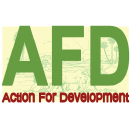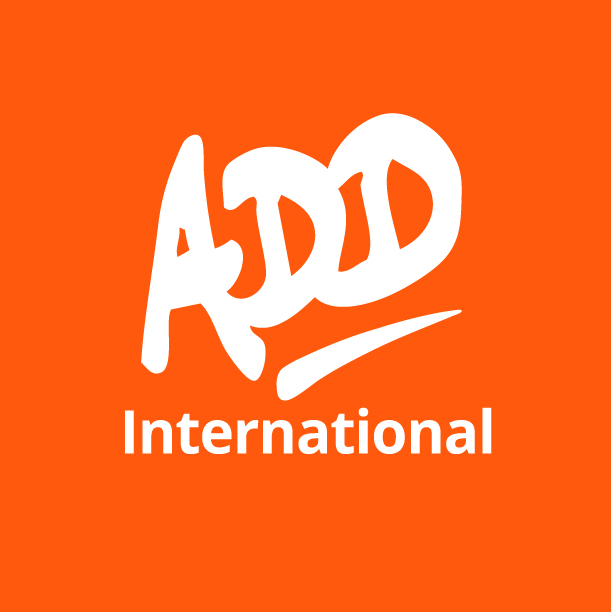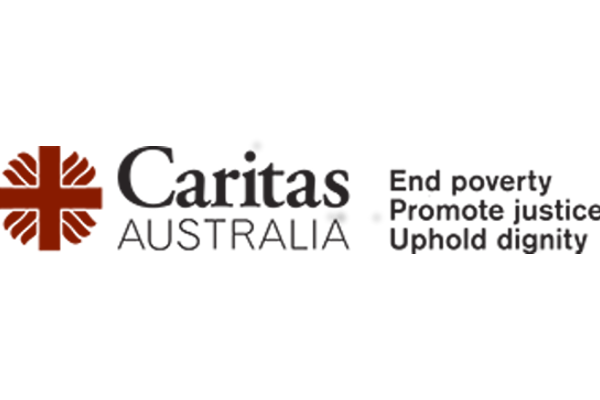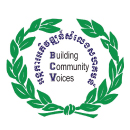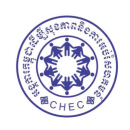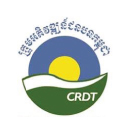Ten Step to Analysis: Stories from Participants of the Cooperation Committee for Cambodia's Analysing Development Issues Course, 2009
The Analyzing Development Issues (ADI) project grew out of a needs assessment conducted among Cooperation Committee for Cambodia (CCC) members in 1998. The project began in April 1999, and after an 18-month pilot phase, moved into a two-year implementation phase that ended in December 2002. The project was subsequently extended for an additional three-year period, which will end in December 2005. The ADI course helps to develop critical thinking skills of NGO managers, enabling them to link micro issues experienced in the field to macro developments confronting Cambodia. Since 1999 the project has completed 14 regular courses and one advanced course. In all, 274 participants have completed these courses, including 116 women. Participants have come from 76 local NGOs and 35 international NGOs.
The core activity of the project is the Analyzing Development Issues regular course. During the four-week course, ideas are debated, experiences are shared and divergent viewpoints are examined. The curriculum combines participatory instruction with practical exercises in critical thinking, reading and writing to encourage independent thought. The course is divided into four modules. The first module is covered in an initial two-week session, while the other three modules are covered in a second two-week session.
This first module focuses on direct involvement in the process of research and analysis. It begins with planning, designing and conducting an actual field study. The participants then summarize and analyze the results, developing recommendations and writing up the research report. Recent studies have focused on natural resource management, drugs as a social issue, and labor migration.














